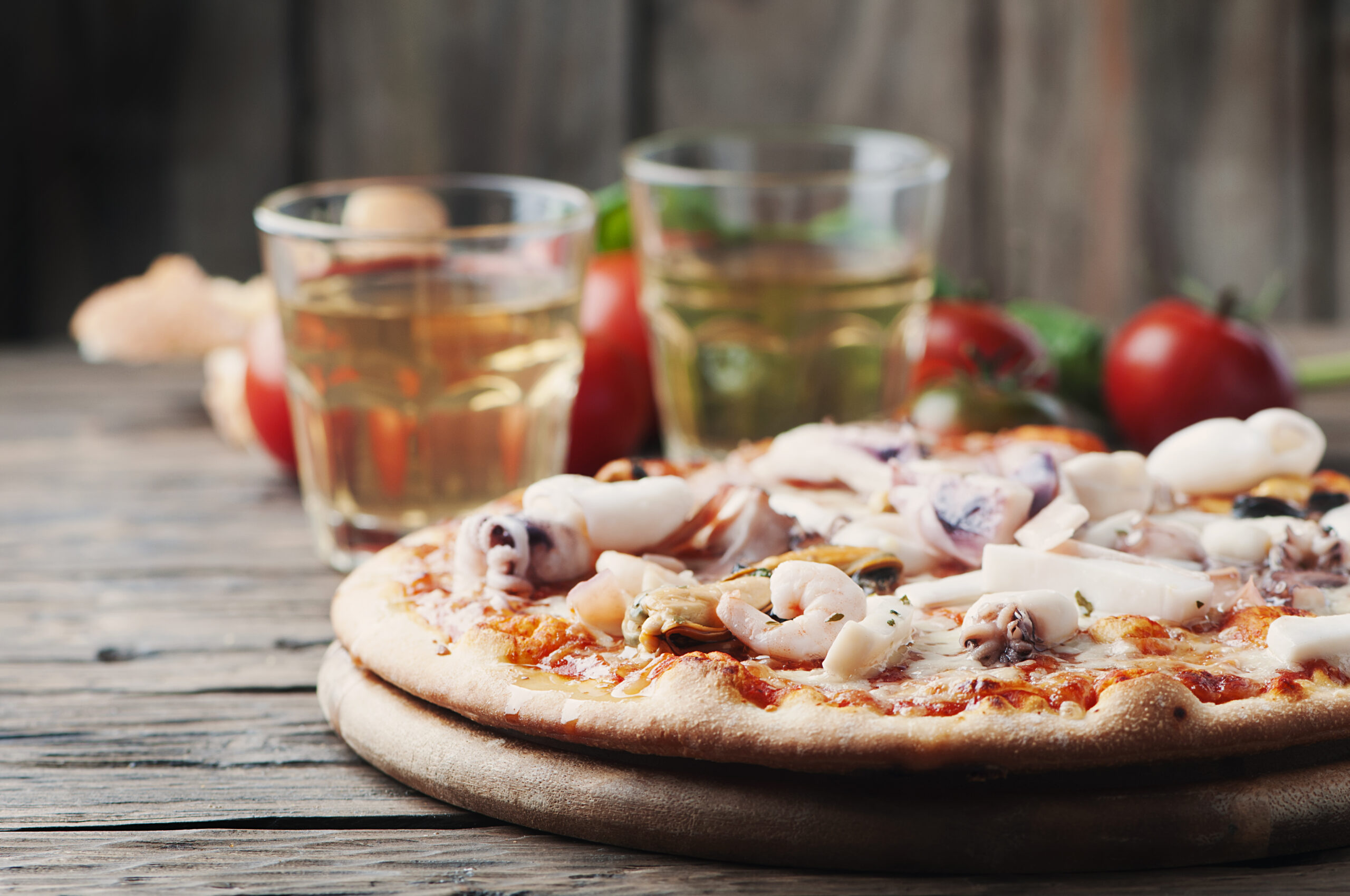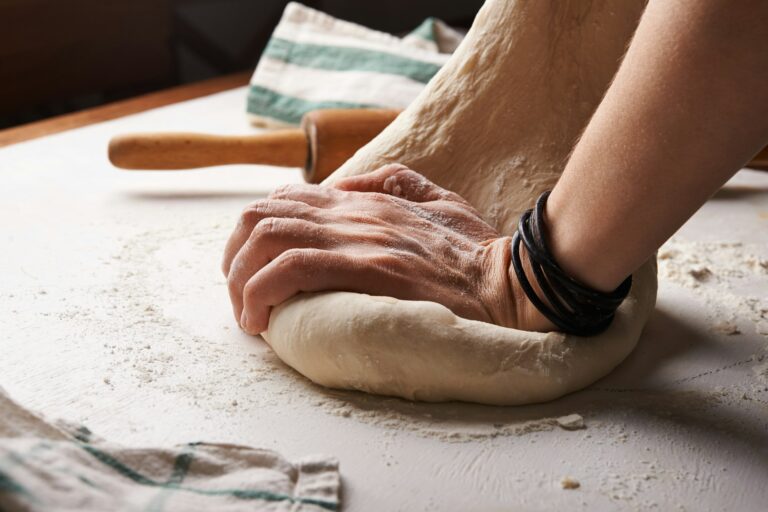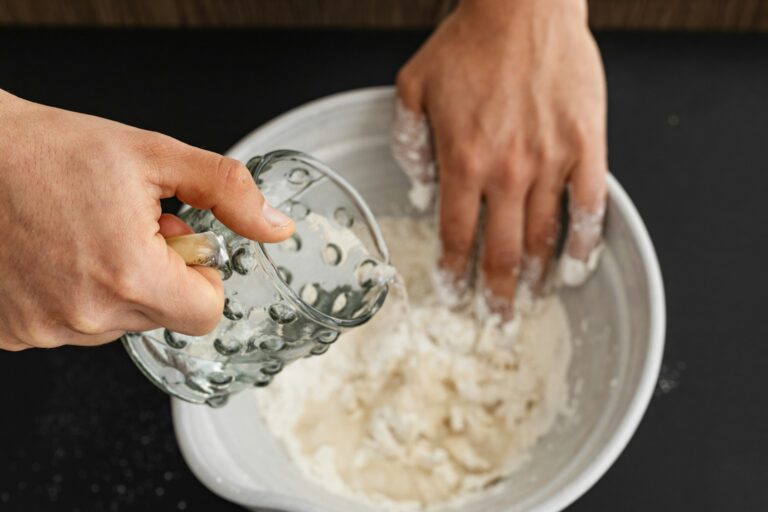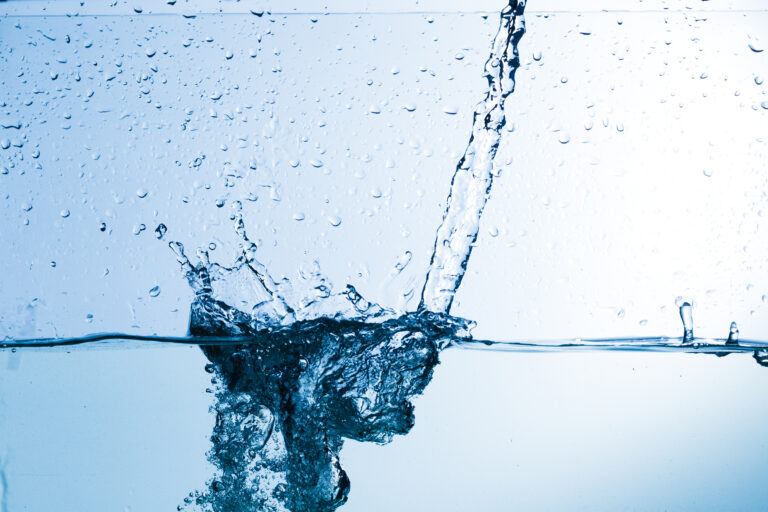Pizza is a universally loved food, and for good reason! The perfect slice of pizza is crispy, chewy, and full of delicious flavor. But have you ever considered how the quality of the water you use can affect the final product? In this blog post, we’ll explore the importance of water quality in making delicious pizza.
How Water Affects Pizza Making
Pizza dough is a simple mixture of flour, yeast, salt, and water. The water used in the dough is a crucial ingredient that can make or break the final product. Water quality affects the texture, flavor, and appearance of pizza dough. Let’s take a closer look at how this works.
Water Hardness
Water hardness is a term used to describe the amount of dissolved minerals in water. Hard water has high levels of calcium and magnesium, while soft water has low levels of these minerals. Hard water can affect the final product of pizza dough in a few ways.
First, hard water can make it difficult to form gluten, the elastic protein that gives pizza dough its structure. Gluten needs water to form properly, but hard water can interfere with this process. This can result in a dough that is tough or rubbery rather than light and airy.
Second, hard water can affect the texture of the dough. The minerals in hard water can make the dough sticky and difficult to work with. This can result in a pizza that is dense or unevenly cooked.
Finally, hard water can affect the flavor of the pizza dough. The minerals in hard water can give the dough a metallic or bitter taste. This can be especially noticeable in thin-crust pizza, where the dough is a major component of the final product.
Water pH
Water pH is a measure of how acidic or alkaline the water is. The pH scale ranges from 0 to 14, with 7 being neutral. Water that is below 7 is acidic, while water that is above 7 is alkaline. The ideal pH for pizza dough is between 6 and 7.
If the water used in pizza dough is too acidic, it can affect the final product in a few ways. First, acidic water can make it challenging to form gluten. This can result in a dough that is tough or rubbery. Second, acidic water can affect the yeast used in the dough. Yeast prefers a slightly acidic environment, but if the water is too acidic, it can damage the yeast and prevent it from working properly.
If the water used in pizza dough is too alkaline, it can also affect the final product. Alkaline water can cause the dough to rise too quickly, resulting in a pizza that is light and airy but lacking in flavor. Additionally, alkaline water can affect the taste of the pizza, giving it a soapy or bitter flavor.
Water Temperature
Water temperature is another important factor in making delicious pizza dough. The ideal temperature for water used in pizza dough is between 105°F and 115°F. This is warm enough to activate the yeast but not so hot that it kills the yeast.
If the water used in pizza dough is too cold, it can prevent the yeast from activating properly. This can result in a dough that does not rise properly and is dense or tough. If the water used in pizza dough is too hot, it can kill the yeast, resulting in a dough that does not rise at all.
Conclusion
Water quality is an often-overlooked factor in making delicious pizza. The hardness, pH, and temperature of the water used in pizza dough can affect the final product in a variety of ways. If you want to make the best pizza possible, it’s important to pay attention to the quality of the water you use. Consider using filtered water or bottled water to improve the taste and texture of your pizza dough. With a little attention to detail, you can create the perfect slice of pizza every time!
If you’re looking to ensure consistent water quality for your multi-facility business or want to replicate the unique taste of a specific water source, then New York WaterMaker can help. With our innovative product, you can create the perfect water for your pizza, bagels, or any other food item, no matter where you are located. Don’t ever settle for subpar water. Contact us today to learn more about how we can help you replicate any water source!




